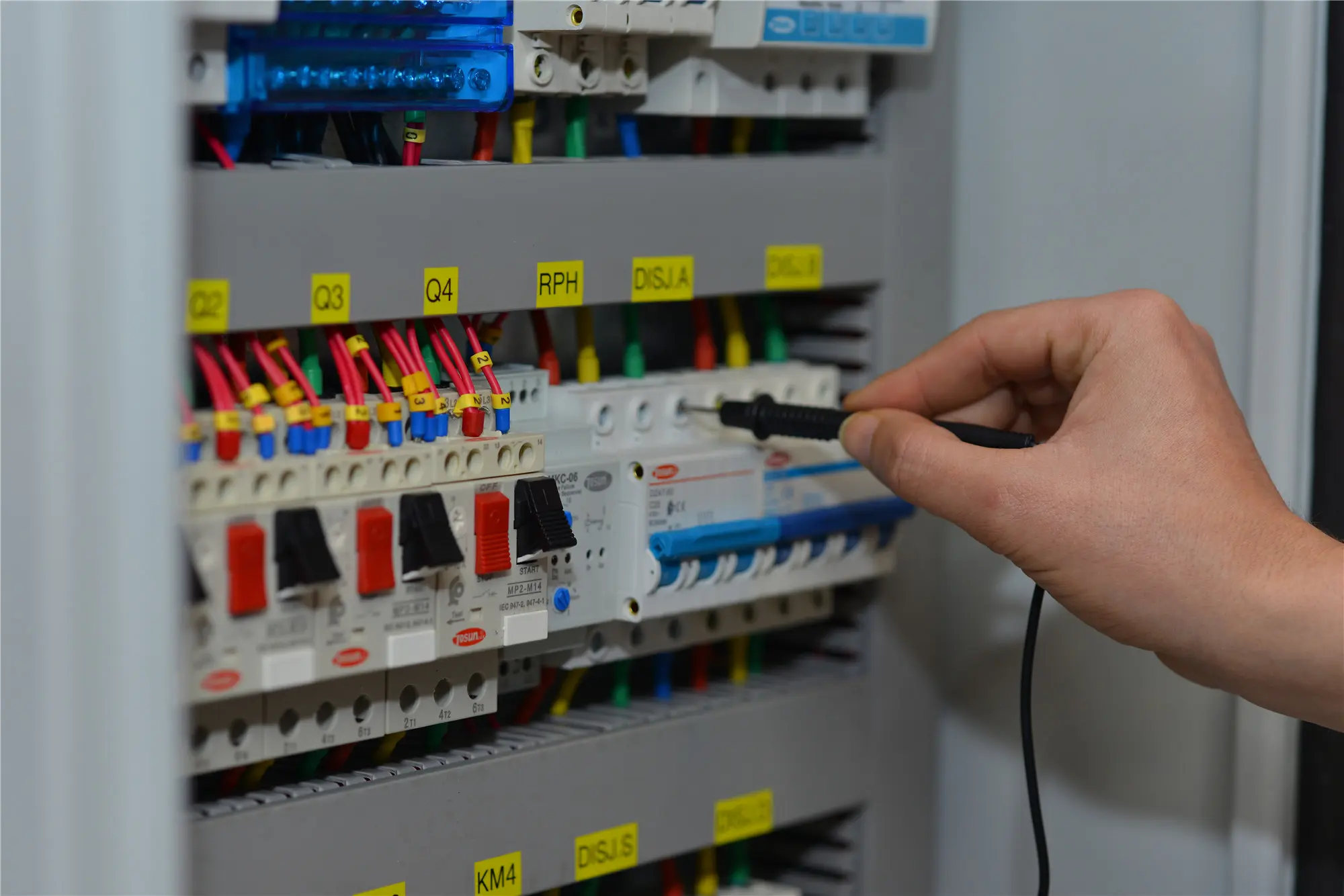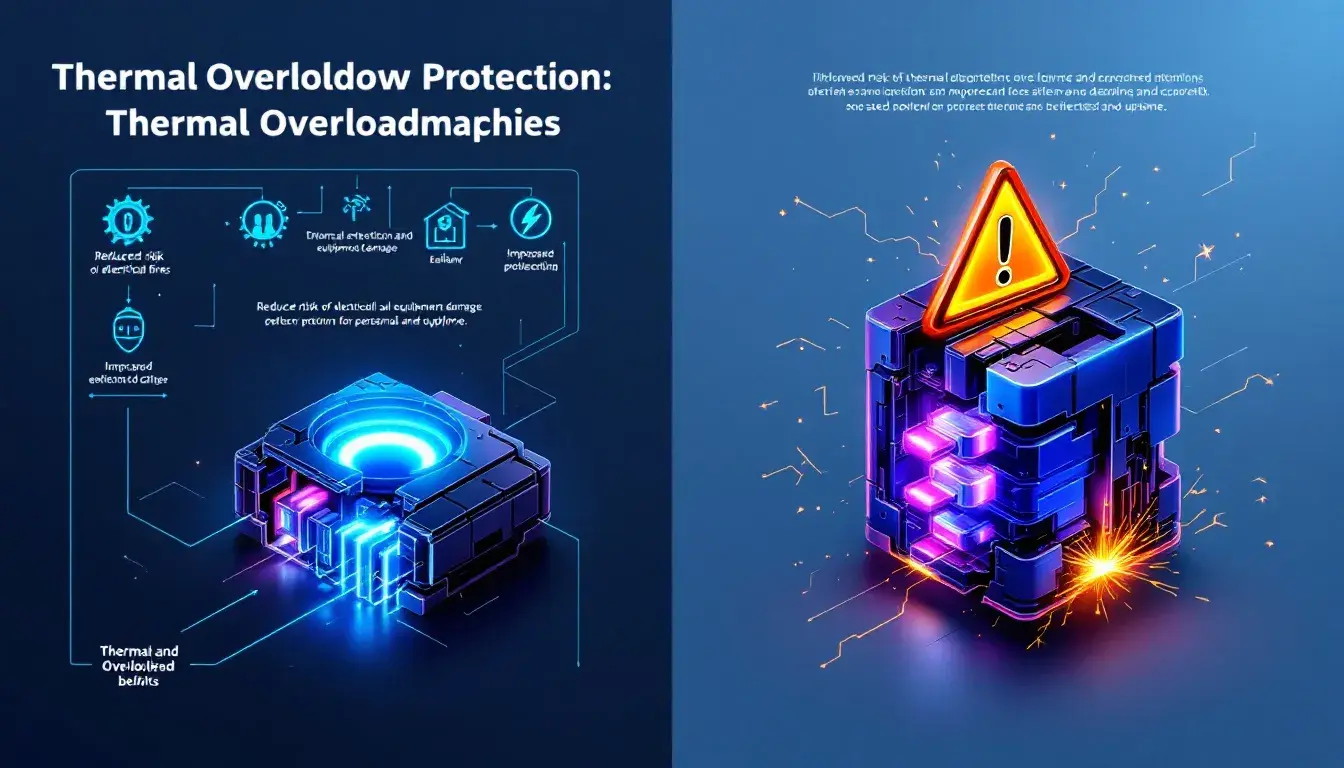How to Choose a Surge Protector
Table of Contents
ToggleWhen choosing surge protectors, understand your needs and consider factors like joule ratings, clamping voltage, and certifications.
A well-chosen surge protector is a small investment that provides invaluable protection for your electronics and peace of mind.
Without them, sudden voltage spikes can destroy sensitive devices, causing costly repairs or replacements.
This article provides a clear guide to help you select the best power surge protector, ensuring your home or office remains protected.
7 Steps on How to Choose a Surge Protector
Whether you’re protecting a high-end home theater system or basic household electronics, the right surge protector can save you from costly repairs.
Here’s a step-by-step guide to help you make an informed decision.
Step 1: Assess Your Needs
Begin by determining the type and number of devices you want to protect.
Are you safeguarding a single device, such as a computer, or do you need comprehensive protection for an entire home setup?
- Single Device Protection: A basic plug-in surge protector will suffice for individual devices like a laptop or TV.
- Multiple Devices: Opt for a surge protector with multiple outlets, USB ports, and higher joule ratings.
- Whole-House Protection: For maximum security, consider a whole-house surge protector to guard your entire electrical system.
Step 2: Understand Joule Ratings
The joule rating of a surge protector indicates how much energy it can absorb before failing. Higher ratings mean better protection and longer lifespan.
- Basic Electronics: 600–1,000 joules.
- Mid-Range Devices: 1,000–2,000 joules.
- High-End Electronics: 3,000+ joules.
Step 3: Check the Clamping Voltage
Clamping voltage refers to the voltage level at which the surge protector begins to redirect excess energy.
Lower clamping voltages offer better protection, as they act more quickly to stop surges.
Good Clamping Voltage: Between 120V and 400V
Step 4: Look for Certification and Safety Features
Ensure the surge protector is UL-certified, meaning it meets safety and performance standards.
Additional features like thermal fuses, fireproof casings, and indicator lights enhance safety and reliability.
Step 5: Consider the kA Rating for Whole-House Protection
If you’re opting for a whole-house surge protector, check its kA rating, which measures its capacity to handle large surges.
A 10kA rating is sufficient for most homes, but surge-prone areas may require a 20kA or higher rating.
Step 6: Factor in Additional Features
Modern surge protectors offer extra features that boost convenience and functionality:
- USB Ports: For charging phones and tablets without additional adapters.
- Energy Monitoring: Tracks electricity usage to help save energy.
- Automatic Shutoff: Disconnects devices when protection is compromised.
Step 7: Price vs. Quality
While it may be tempting to buy the cheapest option, investing in a high-quality surge protector is worth it for the long-term safety of your devices.
Compare features, warranties, and customer reviews to find the best balance of price and performance.

Discover how Tosunlux’s reliable surge protectors can safeguard your valuable devices. Get a free quote now!
The Best Power Surge Protector Manufacturer: TOSUNLux
For the best power surge protector, consider TOSUNLux. With over 30 years of expertise, TOSUN specializes in low-voltage electrical products and offers a wide range of reliable surge protectors.
Their commitment to innovation and customer satisfaction makes them a trusted choice worldwide.
For more information, contact TOSUNLux today.
Choosing Surge Protectors: Conclusion
Selecting the right surge protector is vital for protecting your electronics and ensuring long-term safety.
By understanding your needs and considering factors like joule ratings and certifications, you can make an informed decision.
Invest in a reliable surge protector today to prevent costly damage and safeguard your home or office.
Tel: +86-577-88671000
E-mail: ceo@tosun.com
Skype: tosunelectric
Wechat: +86-139 6881 9286
WhatsApp: +86-139 0587 7291
Address: Room No.1001 Wenzhou Fortune Center,Station Road, Wenzhou, China
REQUEST A QUOTE
WhatsApp us
 : +86-139 0587 7291
: +86-139 0587 7291 English
English Español
Español Русский
Русский Français
Français العربية
العربية Português do Brasil
Português do Brasil Українська
Українська Türkçe
Türkçe Polski
Polski Nederlands
Nederlands Italiano
Italiano Bahasa Indonesia
Bahasa Indonesia हिन्दी
हिन्दी اردو
اردو አማርኛ
አማርኛ Հայերեն
Հայերեն ไทย
ไทย Монгол
Монгол فارسی
فارسی Shqip
Shqip Ελληνικά
Ελληνικά




